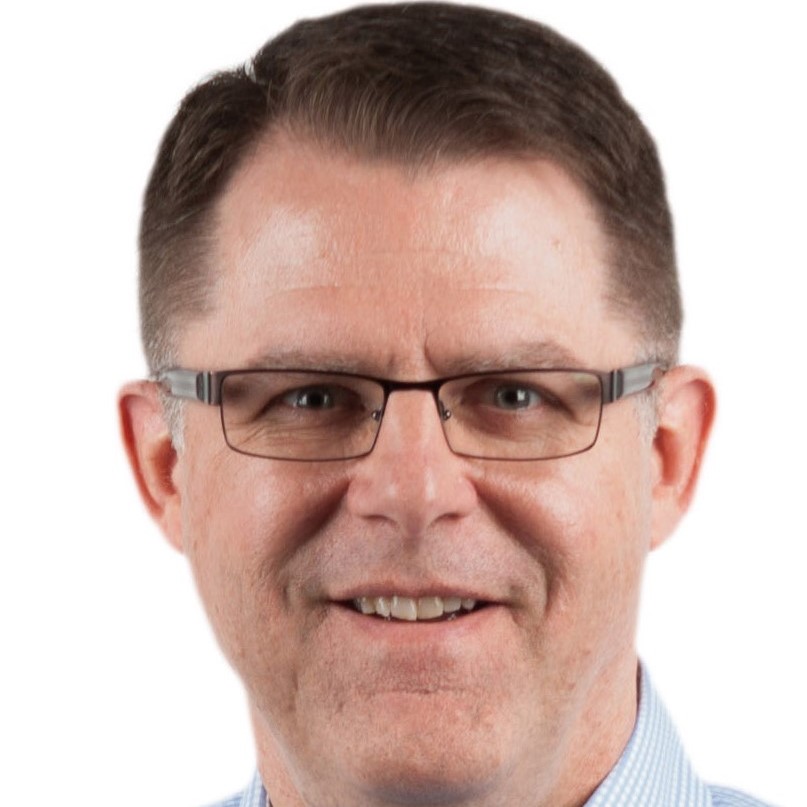- Uplift or tear down
- Enrich or impoverish
- Expand or contract
- Enlighten or obscure
- Spread peace or strife
- Cast narrow or broad
Category Archives: People
Assets, Inventory & Giving
- Time — In this fast-paced world, time for many of us is our most precious asset
- Talents — Those traits inherent from birth that make each of us better at some things than most people around me
- Training — The lessons life has and continues to teach me
- Transparency — Being real and vulnerable with others
- Truth — The Natural Laws, designed by our Creator, that govern the affairs of mankind
- Conduct your own periodic inventory of life assets (life is dynamic; so it will change over time)
- Decide how you will share those assets into the lives of others in your circle of influence
- Put that plan into action
- Return to Step 1 and repeat
Lessons from Networking
The past few months of full-time networking have been a treasure trove of lessons from the amazing people in my growing network. It’s been a blessing to see unconnected comments coalesce in time and concept to crystallize important lessons. Before I share a brief update about my search, I want to share one such insight.
A wise friend recently shared with me the importance of having relationships in very circle of life (business, community, church, family, etc.) that provide for stability and richness (or profits). He advised that stability arises from the breadth of my relationships in any circle while richness arises from the depth of a much smaller subset of relationships in that same circle. Deep relationships must arise from those with whom we interact frequently. However, stability flows from interactions that occur much less frequently and, therefore, require different relationship nurturing behaviors.
I’ve been committed since the onset of this opportunity search to serve the people in my network. I’m not always successful at achieving that goal, but it remains my first intent. Despite that purposefully, servant-minded attitude, it still feels awkward at times. Why? I’ve come to realize that I’ve not stayed in touch with many of the people in my network; so my approach is the equivalent of attempting to make a simultaneous deposit and withdrawal to the emotional bank account of the relationship. Whether it’s my bank or a relationship, a deposit has to “clear” before it’s available for withdrawal. That concept suggests one party in a relationship must take the initiative to make a deposit with no immediate attempted withdrawal.
Therefore, a means toward enhancing the stability of relationships requires making frequent deposits that create value for the other person. I appreciate that this is a simple (and maybe obvious) lesson, but one that’s admittedly difficult to apply. This note (and others like it to follow) is a first step toward purposefully applying that lesson in my own life.
